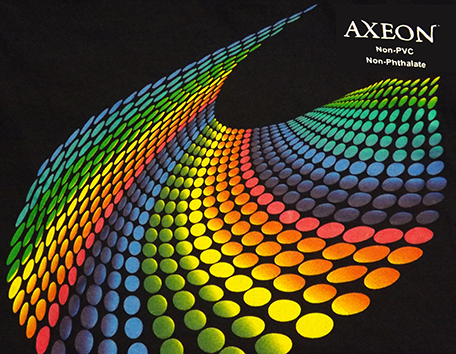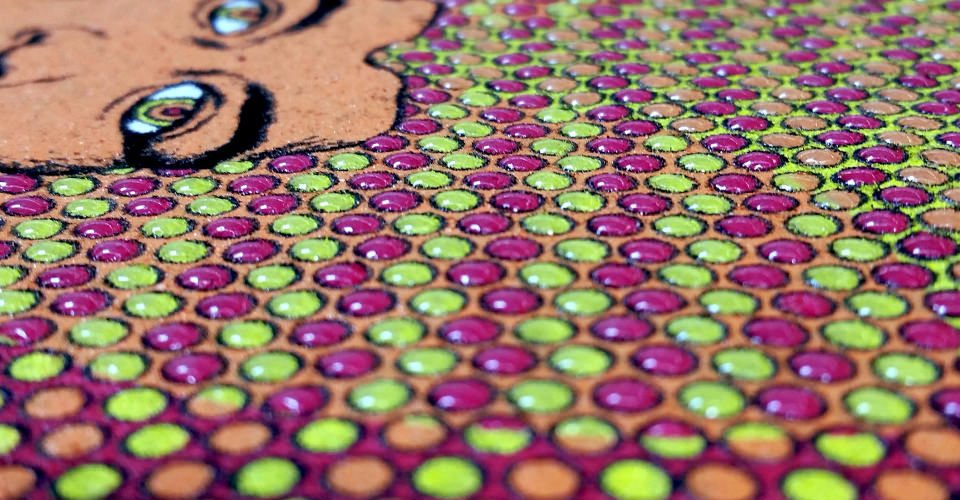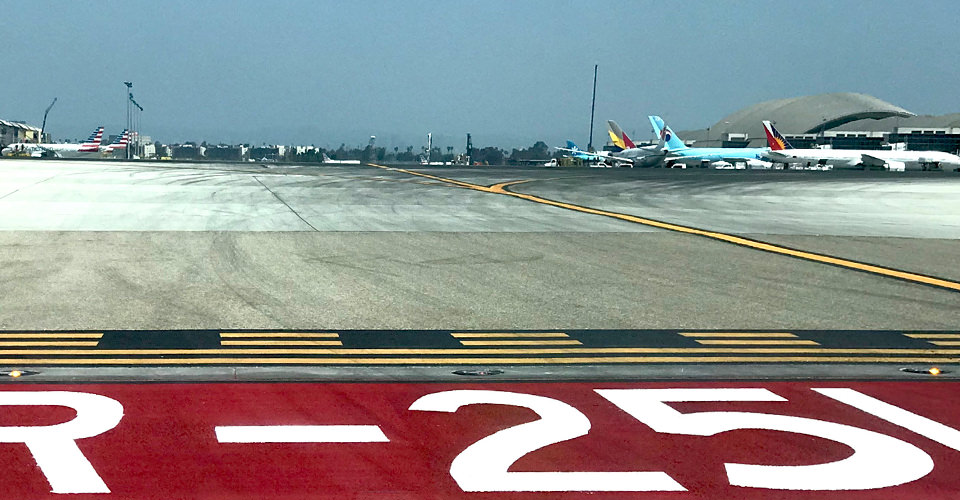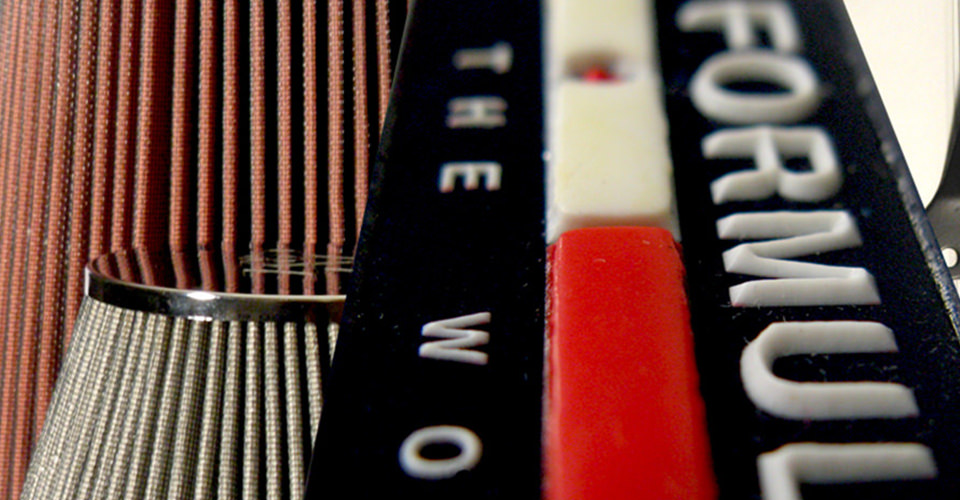Alternatives to Regular Plastisol Inks?
August 12, 2014
 Many screen printers frequently ask whether textile inks will ever become PVC-free. That question usually is quickly followed by, “What are the alternatives to PVC plastisol?” Here is Steve Kahane's article, recently published in Impressions, outlining more insight on where the trend towards alternative inks is going and what the current status is.
The answer to the first is we don’t know whether or when there will be a switch. If there is, it’s still too early to tell what the more viable alternatives will be.
Because of its versatility and relative ease of use, PVC plastisol still is the ink of choice for textile screen printing in North America. And it has a large following around the world where water-based inks are more widely used.
The pressure to switch away from PVC is coming from a few major athletic and clothing brands. This pressure is driven more by commercial choice rather than regulatory requirements. The Consumer Product Safety Improvement Act (CPSIA) in the United States is the primary regulatory driver affecting the use of textile inks for products made and sold domestically. The CPSIA targets certain ortho-phthalates and lead in children’s products and child-care articles. It does not ban or restrict the use of PVC plastisols.
There are two emerging alternatives to PVC plastisols: water-based and 100% solid, plastisol-like inks. While both do not contain PVC resins or phthalate plasticizers, they are not direct PVC plastisol drop-ins. Water-based inks, as a rule, don’t offer the same yield, versatility, durability and ease of printing as plastisols. Although newer, “high-solids” water-based inks come closer to plastisols in terms of yield and other attributes. However, they still don’t offer the ease of use and versatility of PVC plastisol inks.
The new non-PVC plastisols (sometimes referred to as acrysols) come closer to PVC plastisols. They are very much like PVC inks in terms of yield and the fact that they don’t dry in the screen. They also are available in a range of special effects inks with attributes that water-based products have a difficult time matching — high density and other dimensional effects. On the other hand, the non-PVC acrysols available today do not offer the same wet-on-wet print and bleed-blocking capabilities as PVC inks. With time, that will likely change and improve.
Steve Kahane is International Coatings’ President & CEO. Prior to joining International Coatings, he held senior executive positions in the environment and engineering fields. He holds a Master’s degree in Environmental Health, and a doctorate in Environmental Science & Engineering, both from UCLA.
International Coatings has been at the forefront of non-PVC ink development and offers a range of high solids water base inks (GEN IV), non-PVC acrysol special effects inks, and a soon to be released non-PVC acrysol ink system.
International Coatings manufactures a complete line of phthalate-compliant screen printing inks, including a wide variety of whites, specialty inks, special effects inks, color matching systems, additives and reducers. We also feature a line of AXEON Non-PVC Special Effects Inks that are currently available. For more information on our products, please visit our website at www.iccink.com.
Many screen printers frequently ask whether textile inks will ever become PVC-free. That question usually is quickly followed by, “What are the alternatives to PVC plastisol?” Here is Steve Kahane's article, recently published in Impressions, outlining more insight on where the trend towards alternative inks is going and what the current status is.
The answer to the first is we don’t know whether or when there will be a switch. If there is, it’s still too early to tell what the more viable alternatives will be.
Because of its versatility and relative ease of use, PVC plastisol still is the ink of choice for textile screen printing in North America. And it has a large following around the world where water-based inks are more widely used.
The pressure to switch away from PVC is coming from a few major athletic and clothing brands. This pressure is driven more by commercial choice rather than regulatory requirements. The Consumer Product Safety Improvement Act (CPSIA) in the United States is the primary regulatory driver affecting the use of textile inks for products made and sold domestically. The CPSIA targets certain ortho-phthalates and lead in children’s products and child-care articles. It does not ban or restrict the use of PVC plastisols.
There are two emerging alternatives to PVC plastisols: water-based and 100% solid, plastisol-like inks. While both do not contain PVC resins or phthalate plasticizers, they are not direct PVC plastisol drop-ins. Water-based inks, as a rule, don’t offer the same yield, versatility, durability and ease of printing as plastisols. Although newer, “high-solids” water-based inks come closer to plastisols in terms of yield and other attributes. However, they still don’t offer the ease of use and versatility of PVC plastisol inks.
The new non-PVC plastisols (sometimes referred to as acrysols) come closer to PVC plastisols. They are very much like PVC inks in terms of yield and the fact that they don’t dry in the screen. They also are available in a range of special effects inks with attributes that water-based products have a difficult time matching — high density and other dimensional effects. On the other hand, the non-PVC acrysols available today do not offer the same wet-on-wet print and bleed-blocking capabilities as PVC inks. With time, that will likely change and improve.
Steve Kahane is International Coatings’ President & CEO. Prior to joining International Coatings, he held senior executive positions in the environment and engineering fields. He holds a Master’s degree in Environmental Health, and a doctorate in Environmental Science & Engineering, both from UCLA.
International Coatings has been at the forefront of non-PVC ink development and offers a range of high solids water base inks (GEN IV), non-PVC acrysol special effects inks, and a soon to be released non-PVC acrysol ink system.
International Coatings manufactures a complete line of phthalate-compliant screen printing inks, including a wide variety of whites, specialty inks, special effects inks, color matching systems, additives and reducers. We also feature a line of AXEON Non-PVC Special Effects Inks that are currently available. For more information on our products, please visit our website at www.iccink.com.


